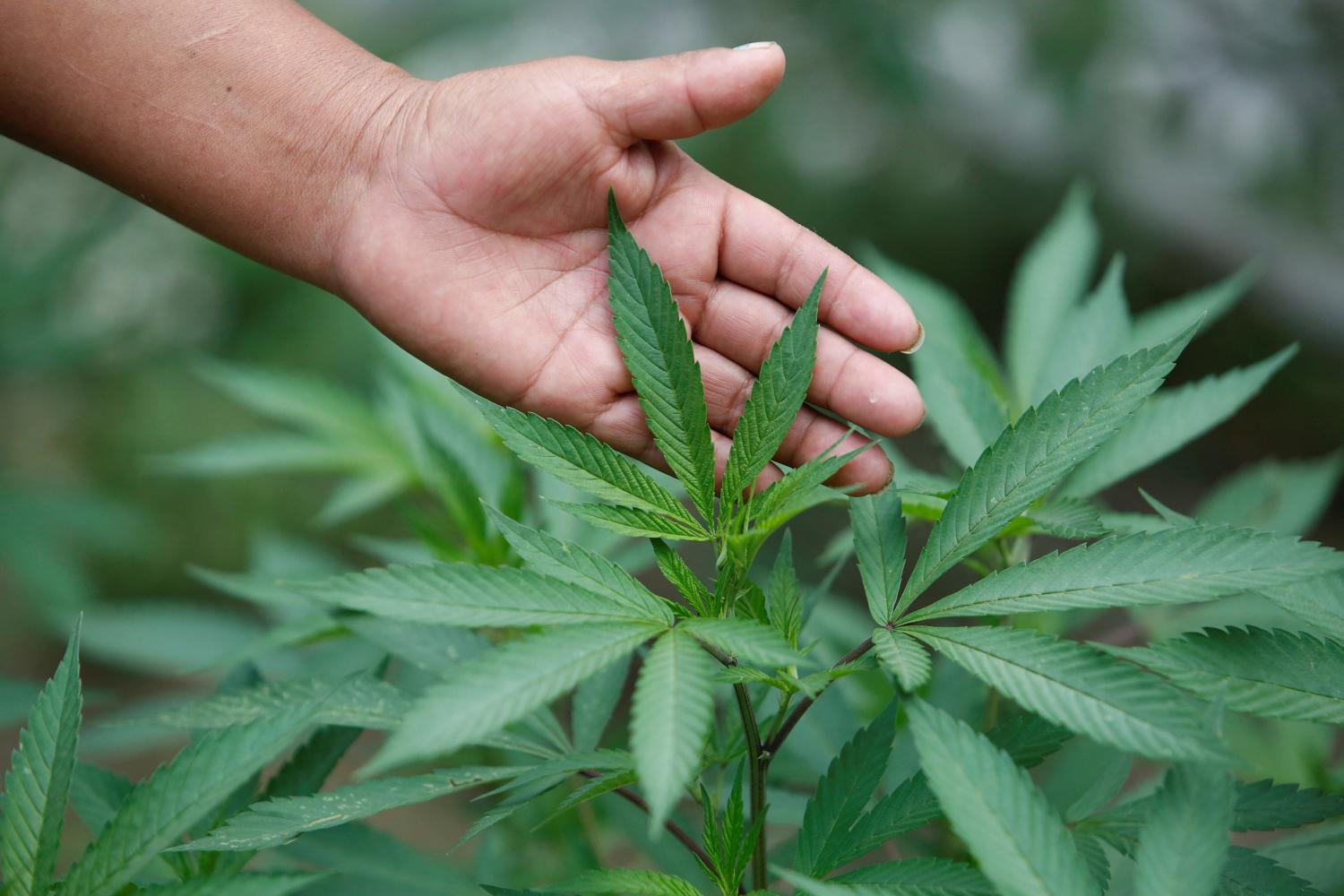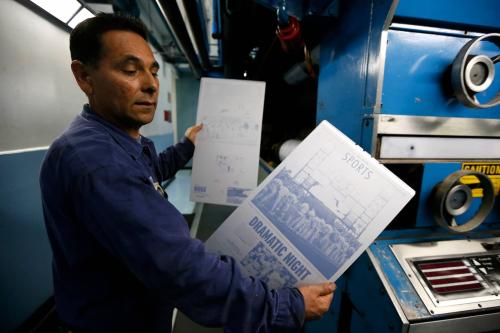Many critics and proponents of marijuana legalization alike have voiced concerns about the potential emergence of Big Marijuana, a corporate lobby akin to Big Tobacco that recklessly pursues profits and wields sufficient clout to shape regulation to its liking.
Although marijuana remains illegal under federal law, medical and/or recreational marijuana is now legal in more than two dozen states. As the federal government has largely tolerated state legalization, corporate capital and muscle have begun moving in on these new state markets. Such commercialization raises a new set of concerns about how industry dynamics may impact consumer behavior and potentially incur social costs.
In their new paper, “Worry about bad marijuana—not Big Marijuana,” John Hudak and Jonathan Rauch argue against alarmism. In analyzing the likely implications of the corporatization of marijuana, they conclude the following:
- The marijuana industry will remain a diverse one even as large corporations emerge. The Big Marijuana rubric is more misleading than helpful as a guide to policy because it oversimplifies and stereotypes what is in reality a continuum of business scales and structures.
- The marijuana industry is very unlikely to transform into something that looks like Big Tobacco during its notorious heyday. It is more likely that a commercial and regulatory model would look like the one governing alcohol, which is regulated primarily at the state level, combines mandatory with voluntary measures to police industry conduct, does a credible job of preventing antisocial and abusive commercial behavior, and has proven stable over time and broadly acceptable to the public and the industry.
- Intelligently regulated and managed, Big Marijuana can be part of the solution. Corporatization, though not without its hazards, has considerable upsides. It brings advantages in terms of public accountability and regulatory compliance, product safety and reliability, market stability, and business professionalism.
- Policy should concern itself with harmful practices, not with industry structure, and it should begin with a presumption of neutrality on issues of corporate size and market structure. Attempts to block corporatization are likely to backfire or fail. For policymakers, the concern should be bad marijuana, not big marijuana.
Read the full report, and the companion report, “Bootleggers, Baptists, bureaucrats, and bongs: How special interests will shape marijuana legalization,” by Rauch and Philip Wallach.





